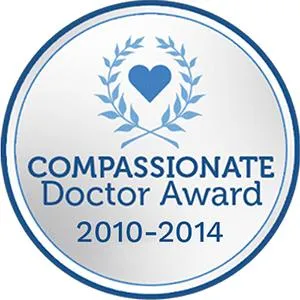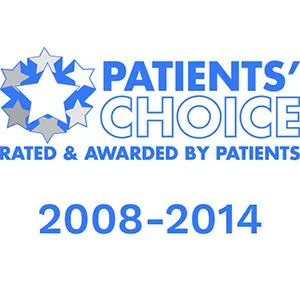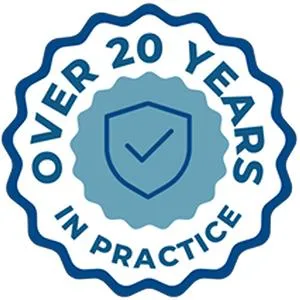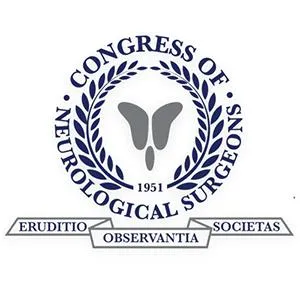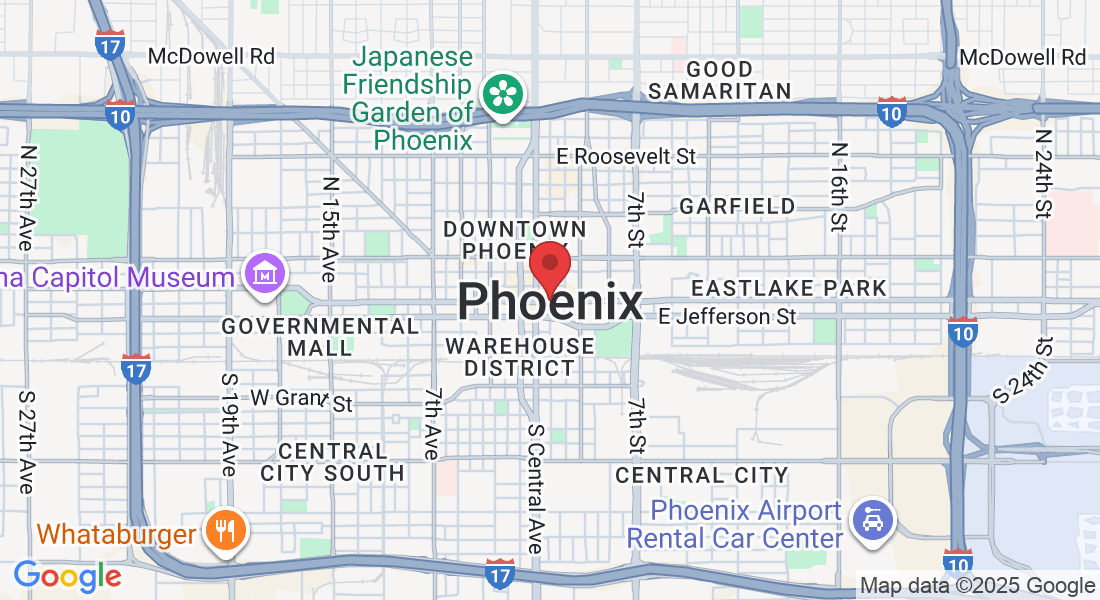Disc Disorders
Bulging Disc
Understanding Disc Bulges in the Spine
Spinal discs act as cushions between vertebrae, allowing flexibility and shock absorption. A bulging disc happens when a disc extends beyond its normal boundary. Unlike a herniated disc, where the outer wall tears and the inner material leaks out, a bulging disc remains intact but protrudes outward, sometimes putting pressure on nearby nerves. At Desert Spine and Pain, we help patients in Phoenix and across Arizona understand whether a bulging disc is the true source of their pain — and how to treat it. Led by Dr. David L. Greenwald, M.D., FAANS, FACS, one of the nation’s top neurosurgeons, we provide expert care ranging from conservative therapy to minimally invasive surgical options when needed.

Over 100 5-Star Reviews!

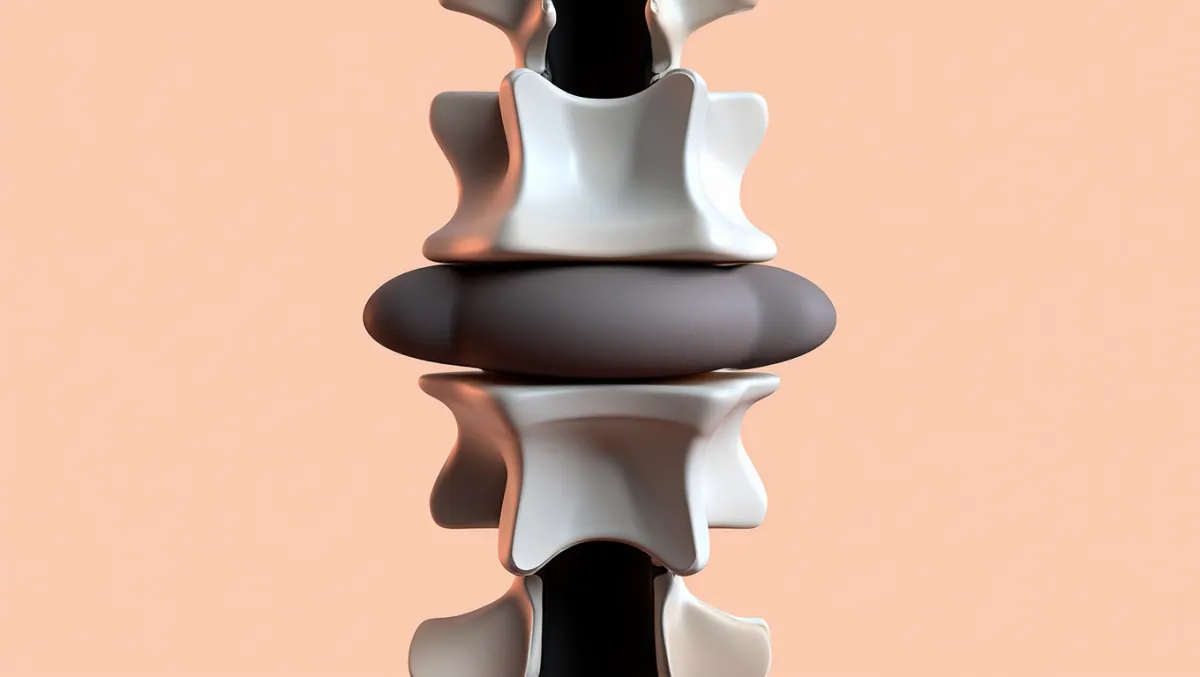
What Is a Bulging Disc?
Each disc has a tough outer ring (annulus fibrosus) and a soft inner core (nucleus pulposus). A bulging disc occurs when the disc flattens and expands outward, often due to degeneration. Many bulging discs cause no symptoms and are discovered incidentally on imaging. But when they press on nerves, they may cause pain, numbness, or weakness.
Causes and Risk Factors
Age-related wear and tear – Most common cause
Degenerative Disc Disease – Ongoing breakdown of disc structure Read about Degenerative Disc Disease
Repetitive stress – Heavy lifting, twisting, or prolonged sitting
Trauma or injury – Accidents, falls, or sports injuries
Poor posture – Strain on spinal discs over time
Genetics – Family history of disc problems
Obesity – Added stress on the spine
Symptoms of a Bulging Disc
Symptoms depend on the location of the bulge:
Cervical (neck) disc bulge – Neck pain, radiating arm pain, numbness, or weakness
Thoracic (mid-back) disc bulge – Local pain, stiffness, or radiating rib/chest pain (rare)
Lumbar (lower back) disc bulge – Back pain, buttock pain, sciatica (radiating leg pain), tingling, or weakness.
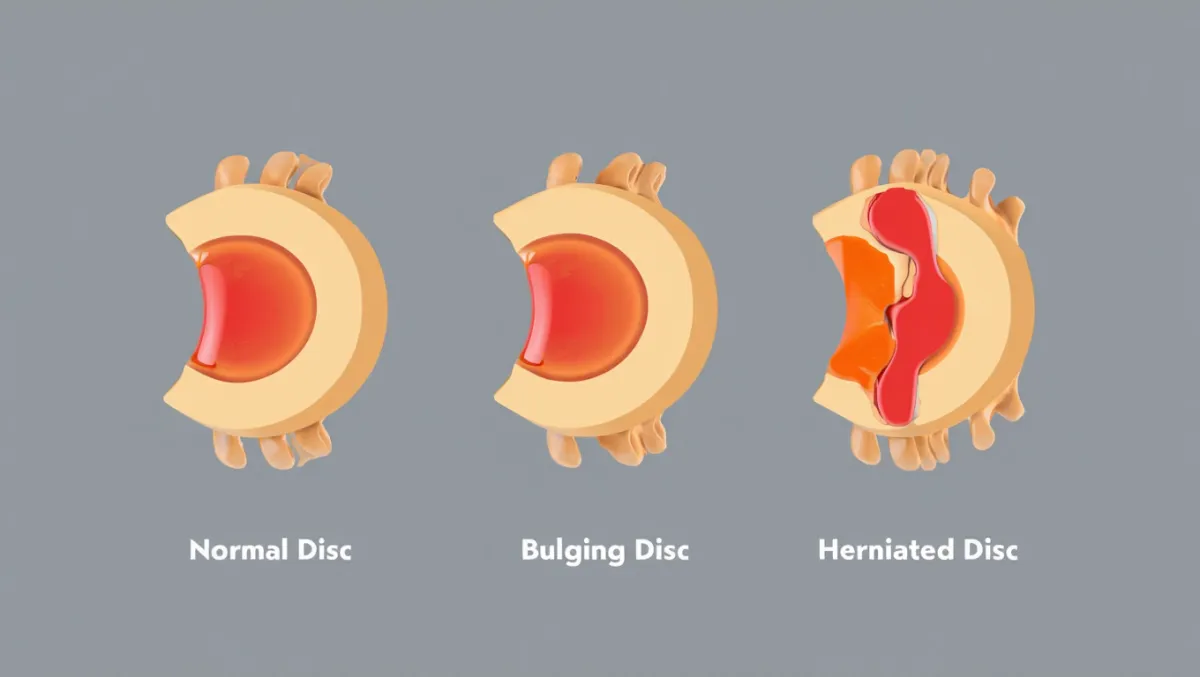
Diagnosis
At Desert Spine and Pain, our diagnostic process includes:
Medical history & exam – To understand symptoms and triggers.
MRI – The best tool for identifying disc bulges and nerve involvement.
X-rays or CT scans – To rule out other structural problems.
Because not all bulging discs cause pain, accurate diagnosis is essential to avoid unnecessary treatments.
Treatment Options
Non-Surgical Care
Rest and temporary activity modification
Medications (anti-inflammatories, muscle relaxants)
Physical Therapy to improve core strength and posture
Heat, ice, and ergonomic adjustments
Lifestyle changes (weight loss, posture correction, quitting smoking)
Interventional Pain Management
Epidural Steroid Injections to reduce nerve inflammation
Facet joint or trigger-point injections for associated pain
Surgical Care
If symptoms persist or worsen, surgical options may include:
Microdiscectomy – Removes the portion of disc pressing on a nerve
Disc Replacement – Artificial disc preserves motion (in select cervical cases)
Lumbar Fusion – For severe degeneration or instability
Minimally Invasive Spine Surgery – Smaller incisions, quicker recovery
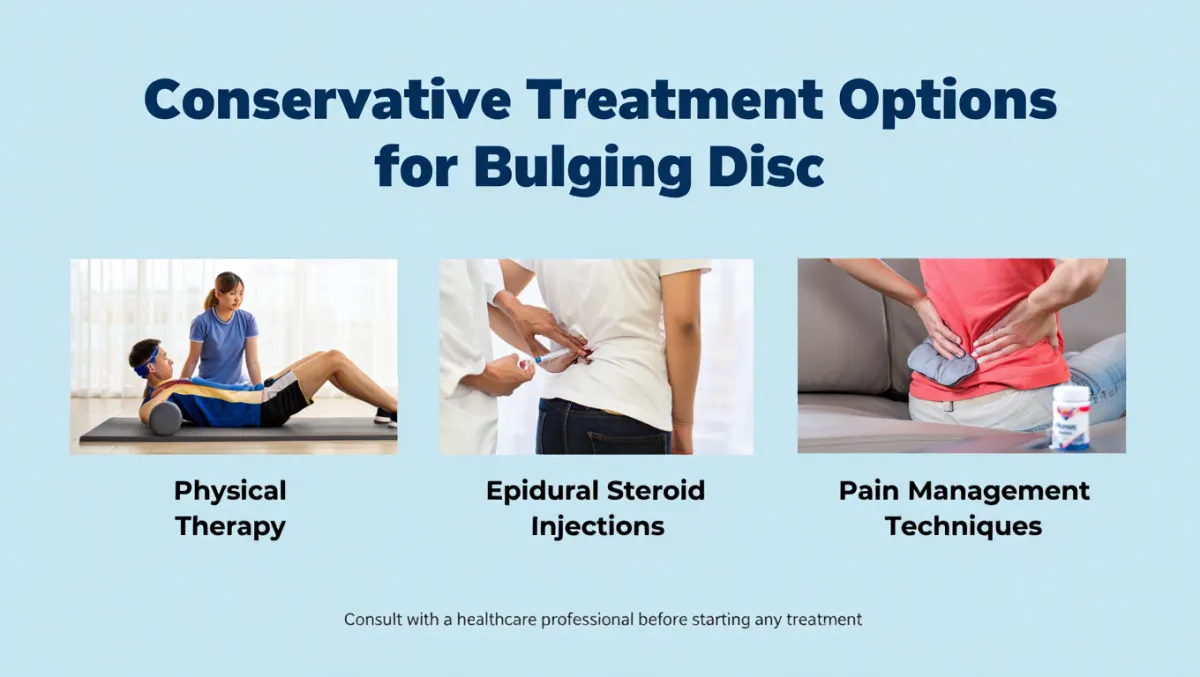
Recovery Timeline
Mild bulges – May improve within 4–6 weeks with conservative care
Injection-based care – Relief may last months, often aiding rehabilitation
Surgery – MIS microdiscectomy recovery is often 6–12 weeks; fusion recovery may take longer
Why Choose Desert Spine and Pain?
Nationally recognized neurosurgeon – Dr. Greenwald specializes in advanced disc surgery
Conservative-first approach – Surgery is only recommended when truly necessary
Comprehensive care – Diagnosis, non-surgical treatment, injections, and advanced surgery all under one roof
Compassionate support – Helping patients feel reassured every step of the way
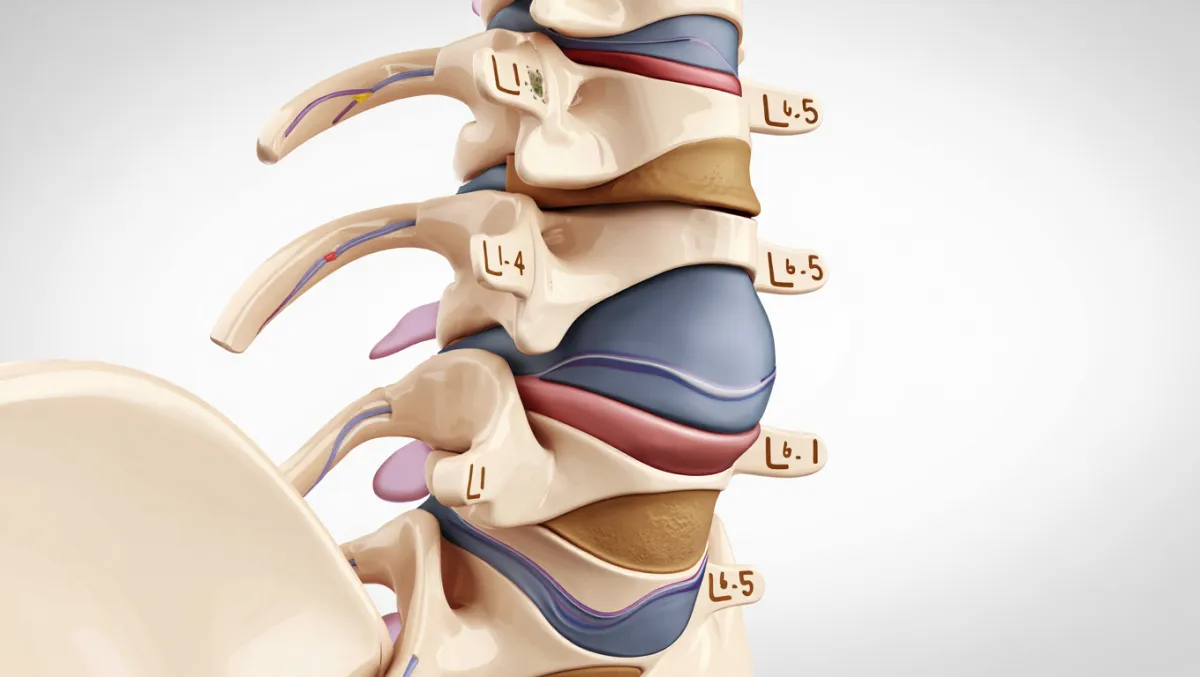
Frequently Asked Questions
Is a bulging disc the same as a herniated disc?
No. A bulging disc protrudes outward without rupture, while a herniated disc involves a tear and leakage of disc material.
Can a bulging disc heal on its own?
Yes. Many bulging discs improve with time, therapy, and lifestyle adjustments.
Do I always need surgery for a bulging disc?
No. Most patients improve with conservative treatments and never need surgery.
How long does recovery take after bulging disc surgery?
Recovery varies. MIS microdiscectomy patients often return to light activity in weeks, while fusion requires several months.
How does Desert Spine and Pain treat bulging discs differently?
We provide precision diagnosis, prioritize conservative care, and offer minimally invasive surgery when needed — led by one of the nation’s top neurosurgeons.


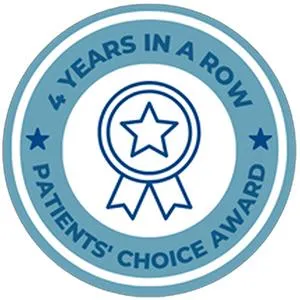

Dr. David L. Greenwald, MD
Neuro-Spine Surgeon
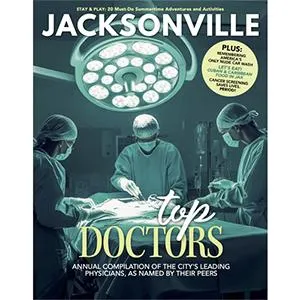
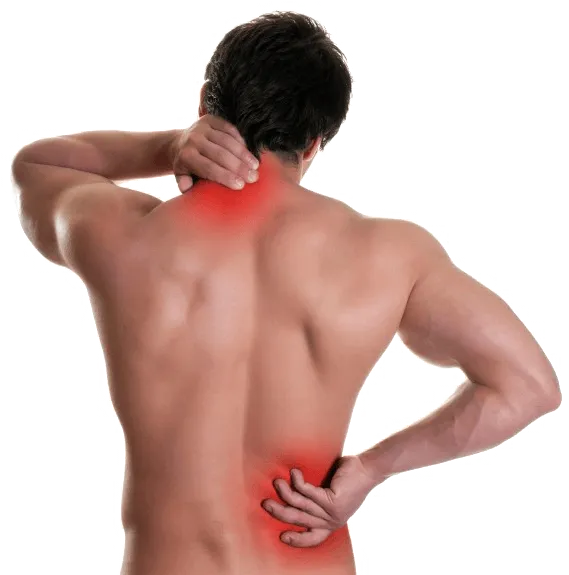
Call Now!
Desert Spine and Pain
A Spine Specialist is standing by.
Relief is just a phone call away!
Available Around the Clock.
Phone: (602) 566-9500
Email: [email protected]
Contact Us
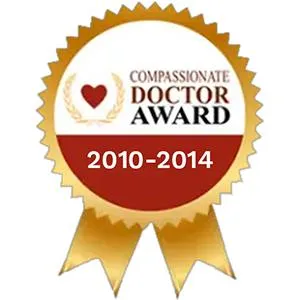
Your Journey Begins with us.
If you’re struggling with persistent pain, numbness, or weakness caused by a bulging disc, Dr. Greenwald and his dedicated team are here to help. We’ll identify the exact source of your symptoms and create a treatment plan designed to relieve pressure, reduce pain, and restore mobility. Every step you take toward better spine health brings you closer to lasting comfort and confidence. Schedule your consultation today and let Dr. Greenwald help you move freely and live without pain.
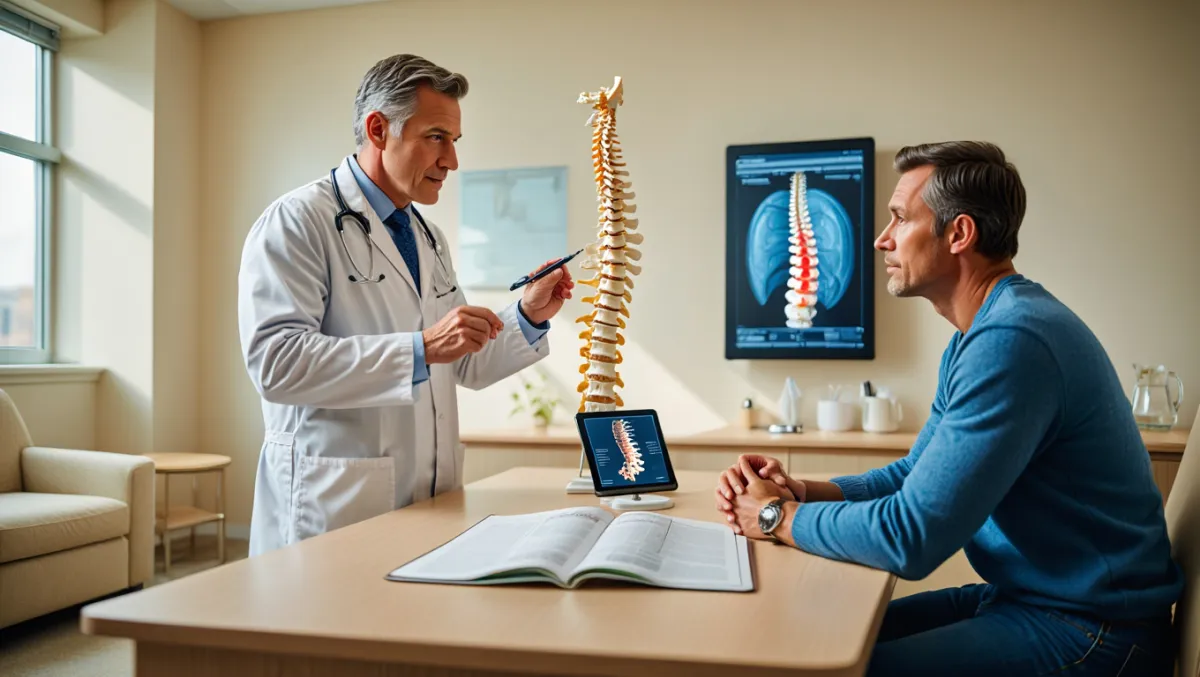
Voted Best Spine Doctor
Over 30 Years Experience in Orthopedic & Neuro Spine Surgeries.

Dr. David L. Greenwald, M.D., F.A.C.S.
Neurosurgeon | Spine Surgeon | Regenerative Medicine
Dr. David L. Greenwald, MD, FACS, is a board-certified spine surgeon with extensive experience diagnosing and treating bulging discs, a common spinal condition where the outer layer of a disc extends beyond its normal boundary, potentially pressing on nearby nerves. This can lead to neck or back pain, as well as radiating discomfort, numbness, or weakness in the arms or legs. Dr. Greenwald uses advanced diagnostic imaging to accurately locate and assess the severity of the bulge, developing personalized treatment plans that often begin with conservative measures such as physical therapy, targeted injections, or medications. When necessary, he performs minimally invasive procedures, including discectomy or microdiscectomy, to relieve nerve compression and restore function. Patients throughout South Florida trust Dr. Greenwald for his precision, compassion, and commitment to long-term spinal health.
Book your Spine Care Consultation Today!


Desert Spine and Pain
Patient Centered & Partner Focused
Quick Links
Resources
Connect With Us
© Desert Spine and Pain. 2026. All Rights Reserved. Sitemap

